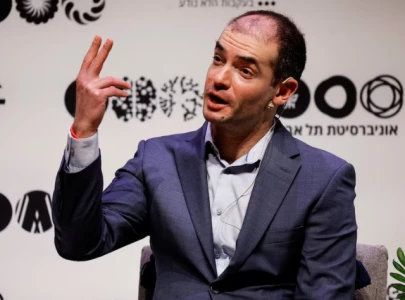

Ilya Sutskever, former chief scientist of OpenAI, predicted at the NeurIPS conference in Vancouver on December 13, 2024, that AI's reasoning capabilities will make technology significantly less predictable.
Sutskever, who co-authored a pivotal 2014 paper with Oriol Vinyals and Quoc Le, was accepting the "Test Of Time" award for their work, which laid the foundation for many modern AI advancements.
He explained that while scaling up data to "pre-train" AI systems had driven significant progress, including the development of ChatGPT, this approach is now approaching its limits.
"Pre-training as we know it will unquestionably end," Sutskever said, emphasizing that despite growing computing power, the availability of new data is limited due to the constraints of the internet.
To overcome this challenge, he proposed that AI could generate new data on its own or evaluate multiple answers before selecting the best response to improve accuracy.
Sutskever also shared his vision of the future of AI, predicting that "superintelligent machines" are "obviously" on the horizon. These machines, he believes, will have deeper understanding and reasoning abilities akin to humans.
However, he cautioned, "The more it reasons, the more unpredictable it becomes." He explained that reasoning through millions of options could make any outcome non-obvious, referencing DeepMind’s AlphaGo, which surprised experts with its inscrutable 37th move during its 2016 match against Lee Sedol.
Sutskever also compared future AI systems to advanced chess engines, noting that "the really good ones are unpredictable to the best human chess players." He concluded that AI, in its future form, will be "radically different" and far more unpredictable due to its increased reasoning capabilities.
Reflecting on recent events, Sutskever mentioned his co-founding of Safe Superintelligence Inc. earlier this year, following his regret over his role in Sam Altman’s brief ouster from OpenA